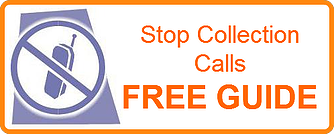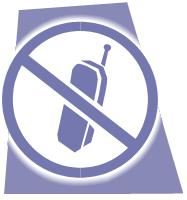Have you ever been contacted by a Debt Collector and wondered why they are calling you and how in the world they got your number? In this post, I will attempt to explain the Consumer Debt Collection process and what to expect when they start contacting you.
The Beginning of Consumer Debt Collection
The consumer debt buying industry began in the early 1990's when the US government started selling off assets from savings and loan banks that had failed.
As consumer debt has grown exponentially over the past decade, the number of debt collection firms has skyrocketed as well, growing from about a dozen firms in 1996 to several hundred today.
The big credit card companies are not able to devote the enormous amount of time and money into pursuing the thousands of people who fall into debt each year, and debt collection companies are eagerly stepping in to buy the debt from creditors for a fraction of the total debt.
Last year debt buyers paid an average of 5.4 cents for every dollar of unpaid debt they bought. Debt collection is a very lucrative business. (CHA-CHING!)
The Federal Trade Commission (FTC), which monitors the complaints lodged by consumers against debt collectors, regularly receives more consumer complaints about debt collectors than any other industry. However, the number of complaints has quadrupled in the past five years.
How Consumer Debt Collection Works!
The typical debt collection company will purchase your debt from the original creditor who is essentially trying to cut its losses.
The debt collector will then attempt to recoup any, if not all, of the original debt. The worst part is not that the debt collectors are trying to collect on an old debt, but instead, it is the Fraudulent Debt Collection practices they use.
Some particularly nasty debt collection companies are resorting to illegal practices -- verbal abuse, harassment, and even threats of violence and lawsuits -- in an attempt to squeeze money from consumers for the debts the company has purchased.
In fact, many times the debt collection company isn't even bothering to harass and abuse the right consumer.
For example, the Washington Post reported that a New Hampshire man was repeatedly called by a debt collector about a loan his daughter owed even though the daughter had moved out 15 years earlier. The debt collector reportedly called this man six times in 15 minutes!
On the last call, the debt collector told the man his Social Security number, his wife's name, and threatened to send thugs.
Another particularly troubling recent practice is the growing number of cases where debt collectors persuade consumers to pay just a little of the amount due, and then they use the bank info to improperly withdraw more money from the consumer's bank account.
Know Your Rights!
The FTC enforces the Fair Debt Collection Practices Act, which outlines consumer rights and prohibits debt collectors from engaging in unfair, deceptive, and abusive practices.
The key to protecting yourself, and your sanity, is to KNOW YOUR RIGHTS!




 All too often, individuals who are struggling with their debt fall victim to debt collector tricks and scams—all because they aren't aware of the laws that exist to protect them. The Fair Debt Collection Practices Act (FDCPA) was enacted to protect people from the unfair, deceptive and abusive tactics that many companies were using in their attempt to collect outstanding debts. Under this law, you have specific rights that protect you from the worst debt collector tricks.
All too often, individuals who are struggling with their debt fall victim to debt collector tricks and scams—all because they aren't aware of the laws that exist to protect them. The Fair Debt Collection Practices Act (FDCPA) was enacted to protect people from the unfair, deceptive and abusive tactics that many companies were using in their attempt to collect outstanding debts. Under this law, you have specific rights that protect you from the worst debt collector tricks. 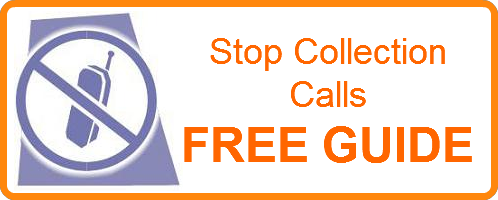

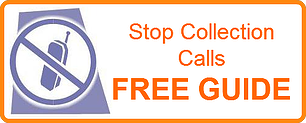
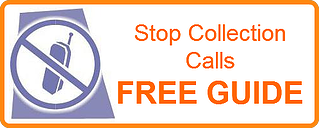
 A collector threatens you with a possible wage garnishment.
A collector threatens you with a possible wage garnishment. 
